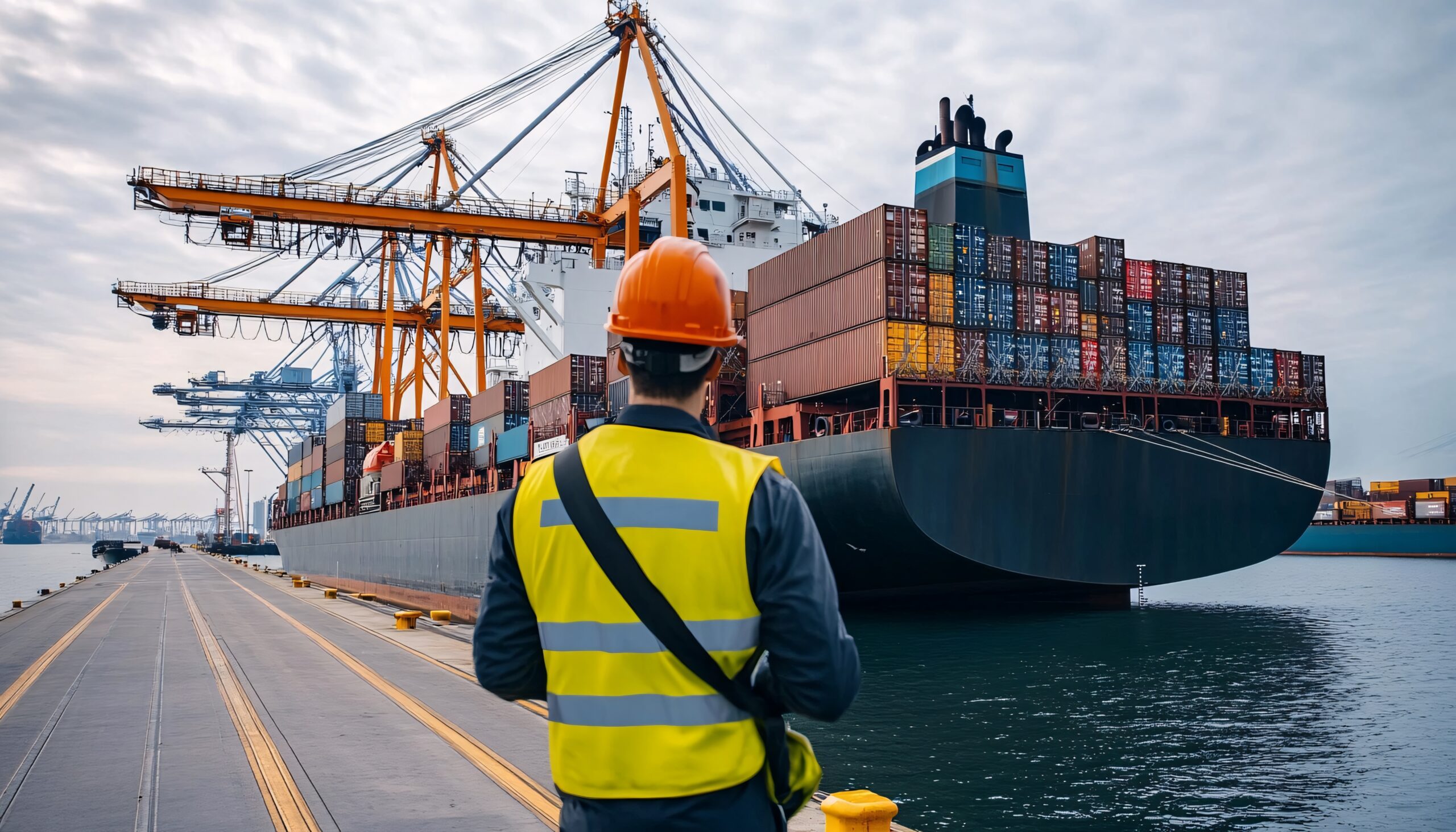Independent inspection companies perform essential work that underpins global trade, serving as neutral third parties between buyers and sellers who may never meet. Their expertise spans the entire spectrum of international commerce, from agricultural products to energy commodities, from raw materials to finished goods.
The foundation of inspection work begins with precise measurement and sampling. At ports worldwide, professionals conduct initial quantity verification, gauging tanks, weighing cargo, and collecting representative samples. For bulk commodities, this often means scaling vessel heights and descending into cargo holds, working in challenging conditions at any hour and in any weather.
These basic skills quickly branch into specialized expertise. Oil cargo inspectors develop acute sensory abilities, training extensively to detect subtle odors that might indicate contamination. Agricultural inspectors learn to assess grain quality through touch and visual examination. Mineral specialists master the use of ultraviolet light to spot impurities in metal ores.
Technical expertise builds upon this foundation. In floating laboratories aboard ships and in sophisticated port facilities, inspectors conduct complex chemical analyses. Through networks of interconnected laboratories, they can trace and verify cargo from origin to destination, with loading and discharge teams communicating to ensure product integrity throughout transit.
The technological evolution of the industry has created new specializations. Today’s inspectors must master drone operations for cargo hold inspections, operate artificial intelligence systems for rapid sample analysis, and use blockchain technology for certificate tracking. With all the expertise and dedication inspectors bring, they cannot be physically present to monitor goods every moment. Here, a new critical advancement has come into play—real-time IoT monitoring of commodities. By integrating IoT-enabled sensors into storage facilities or shipping containers, inspectors can now ensure 24/7 oversight of stock conditions, tracking quantity and other metrics like temperature, humidity, and CO₂ levels in real time. This technology does not just improve accuracy; it adds predictive capabilities, enabling potential risks to be flagged and mitigated before they escalate. Complementing traditional inspections, real-time IoT monitoring creates a seamless, transparent, and more reliable supply chain. These advances complement, rather than replace, traditional inspection skills.
The scope of verification has expanded into increasingly specialized domains. Environmental specialists monitor carbon emissions and verify sustainable practices. Consumer goods experts assess product performance and authenticity. Safety specialists certify equipment and facilities. Each role requires unique qualifications and continuous training to keep pace with evolving standards and regulations.
At the most complex level, these companies manage global networks of expertise. Their professionals coordinate across continents, harmonize international standards, and adapt to emerging requirements in sustainability and ethical trade. Their certificates serve as the basis for bank payments and insurance claims, making their accuracy essential to the entire trading ecosystem.
The weight of responsibility these inspectors carry extends far beyond technical accuracy. Their findings can have profound financial and commercial implications. A slight discrepancy in quality analysis might render an entire cargo of crude oil off-specification, leading to substantial price renegotiations or even cargo rejection. Weight differences of less than one percent in bulk shipments can translate into hundreds of thousands of dollars in value. Quality disputes based on inspection findings might trigger complex insurance claims, impact charter party terms, or force vessels to wait at ports while cargo fate is determined. For agricultural products, the detection of unwanted substances can lead to cargo rejection at destination ports, resulting in significant losses and complex legal proceedings. This is why inspection companies maintain rigorous standards and professional liability insurance – their certificates can make the difference between a smooth transaction and a costly commercial dispute.
Looking ahead, these inspection professionals find themselves at a fascinating crossroads. While satellite technology can now count containers from space and sensors can monitor temperature fluctuations across oceans, it still takes a skilled inspector to identify subtle quality variations or detect contamination in a cargo sample.
As our world rushes toward automation, this blend of high-tech tools and human expertise offers an intriguing glimpse into the future of global trade. In an age where trust is increasingly scarce and supply chains increasingly complex, these inspection companies do something remarkable: they make strangers trust each other across oceans.
Think of them as the diplomatic corps of global commerce – they speak the universal language of standards and quality, turning mistrust into confidence, and promises into guarantees. In a world that seems to grow more uncertain by the day, that might be their most valuable commodity of all.
